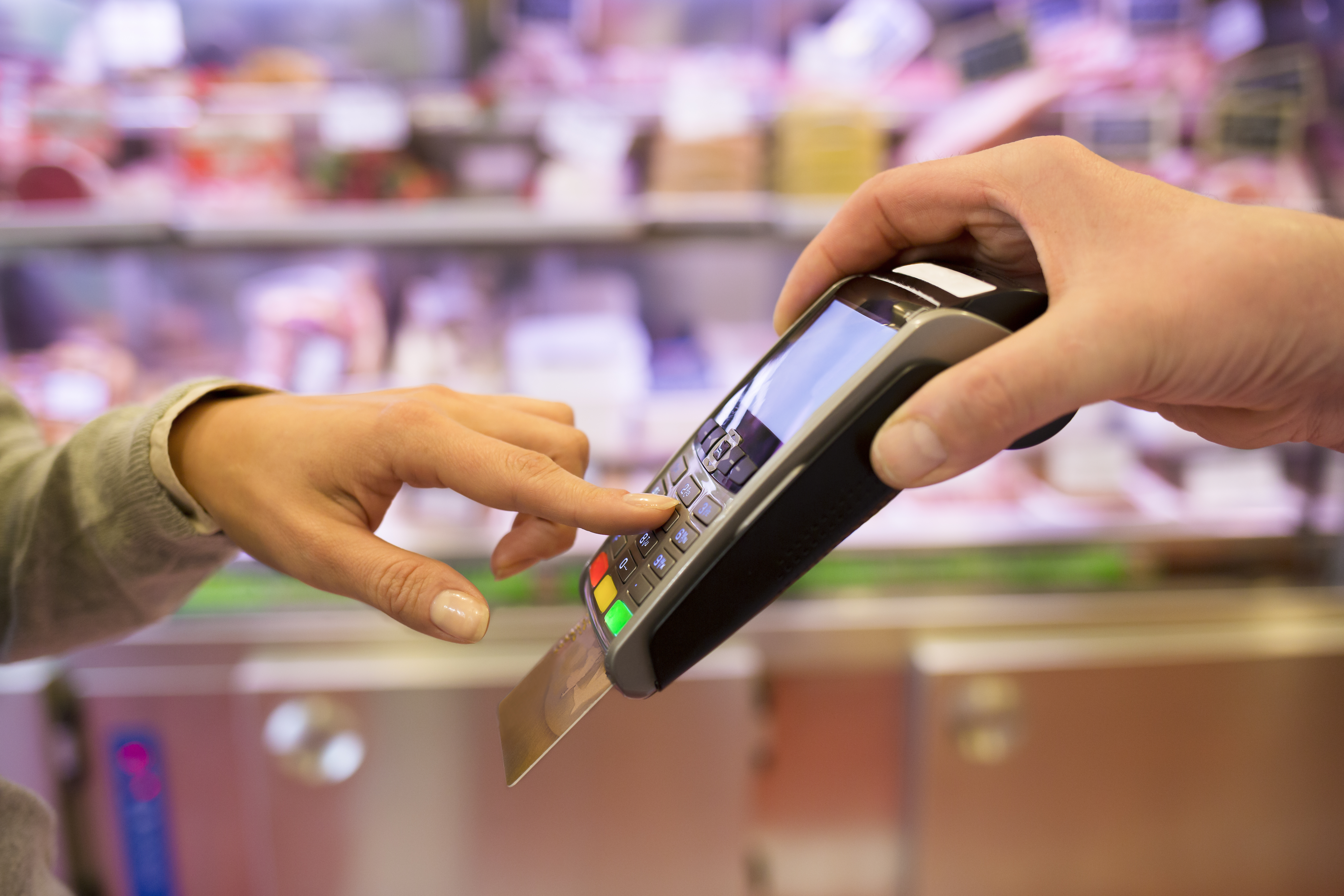In an effort to stay relevant and compete with powerhouses, like Amazon and Microsoft, the card networks, Visa and Mastercard, appear to be snatching of investments and companies left and right.
Don’t expect them calm down, especially as retail payments growth diminishes. They know they need to consider and buy into any investment opportunities, like cross-border payments, peer-to-peer, and interbank, to improve positions for cardholders and businesses and to remain competitive.
Major Acquisitions Made to Date
One of the biggest deals Visa has made was in 2016 when it returned Visa Europe back around for about $23 billion. Most recently, Visa acquired control of Earthport plc, which is one of the largest ACH networks in the world and allows the credit card scheme to expand real-time payment capabilities to the public. Visa completed the acquisition for $320.4 million, winning a tough bidding war with Mastercard.
The acquisition connects Visa to ACH and real-time networks in more than 85 countries, which allows the scheme to transfer money to those who don’t have Visa cards. Until this acquisition, Visa Direct service enables real-time push payments but receivers of money needed to have Visa cards to use it. Visa also bought the web-based commercial-card platform Fraedom to improve its corporate payments business.
Visa’s deal are in line with Mastercard’s most strategic move: gaining complete control of Europay in 2002. Mastercard also improved its bottom line in 2017 when it went for a piece of the global B2B payment market. It expanded its reach by acquiring a minority interest in the payments automation solution company that serves smaller business, AvidExchange. Mastercard also is taking a fresh hand at the bill payment market. It plans to acquire Transactis, which is bill payment company.
Both card schemes know that more features they can offer the more successful they will be. It attracts more businesses and shoppers, re-establishes network centrality, and provides them with a new base for profits. Acquiring financial technology companies in all spheres of payment has been the card scheme’s admitted strategy to gaining new deals and increasing revenues. Additionally, the card scheme doesn’t plan to stop.
Furthermore, Mastercard acquired the POS-lending platform for merchants, Vyze Inc., which was announced about a month or so after the credit card brand announced it was acquiring payment security services provider, Ethoca Inc., and B2B cross-border payment provider, Transfast.
Additionally, Mastercard has more than 20 possible deals on the table, as well as small investment and beginning-state funding for new businesses. To date, Mastercard’s most significant acquisition was its $920 million purchase of the London-based provider, Vocalink Holdings Ltd. Vocalink’s technology was first used in the United Kingdom’s faster-payments system, and it also has crept into systems in the U.S. and other countries.
What the Acquisitions Approach Means in the Long Run
Visa and Mastercard’s fast track to mergers and acquisitions is just proof that they want to find their places in the world with Amazon and other major players. Acquiring fintechs and seeking out other opportunities that mesh perfectly with the other services they offer makes complete sense. When a business stops innovating, they stop succeeding. These card schemes see the potential and they are turning them into their next big things. Who can argue with a strategy like that?
Apply for Merchant Account Services
Merchants that need merchant account services should contact eMerchantBroker.com. EMB works with all types of businesses, including high-risk merchants. Apply online today for credit card processing.


